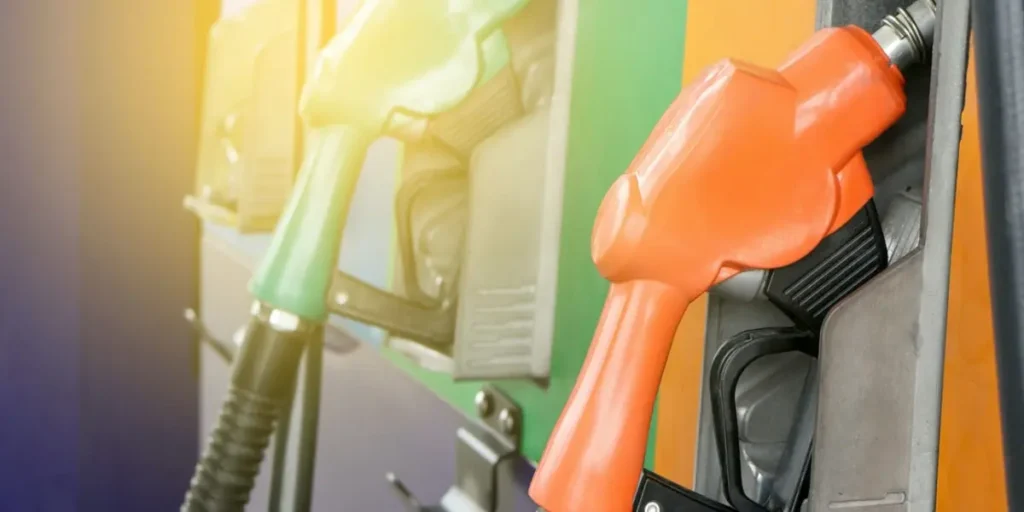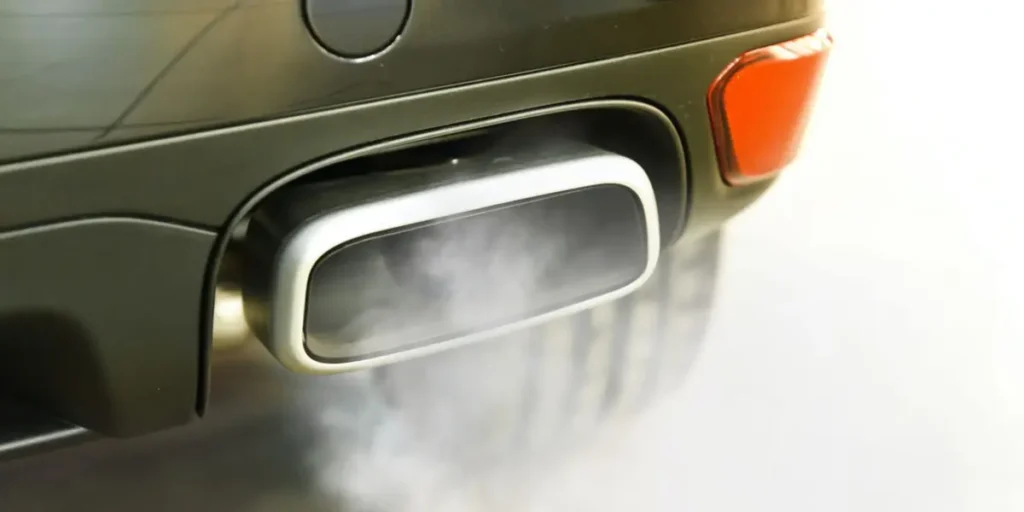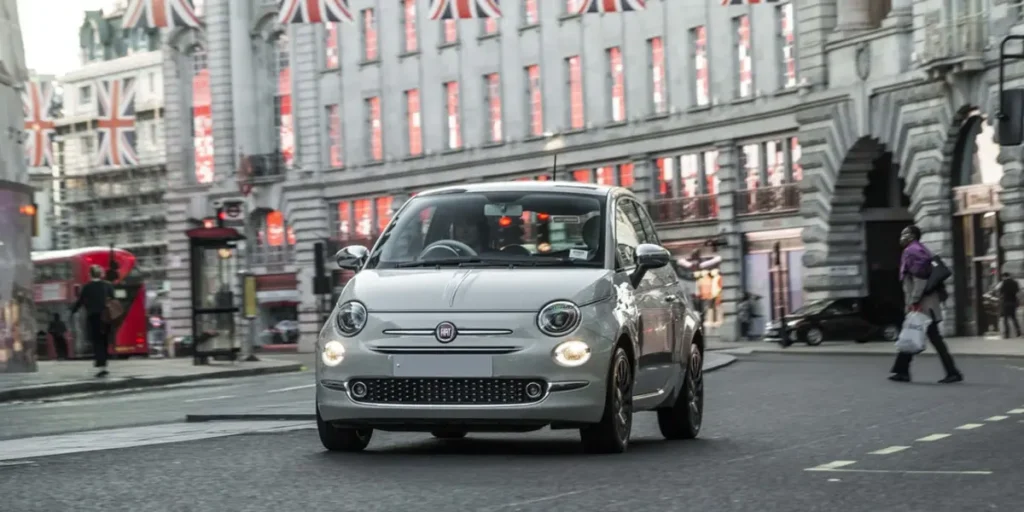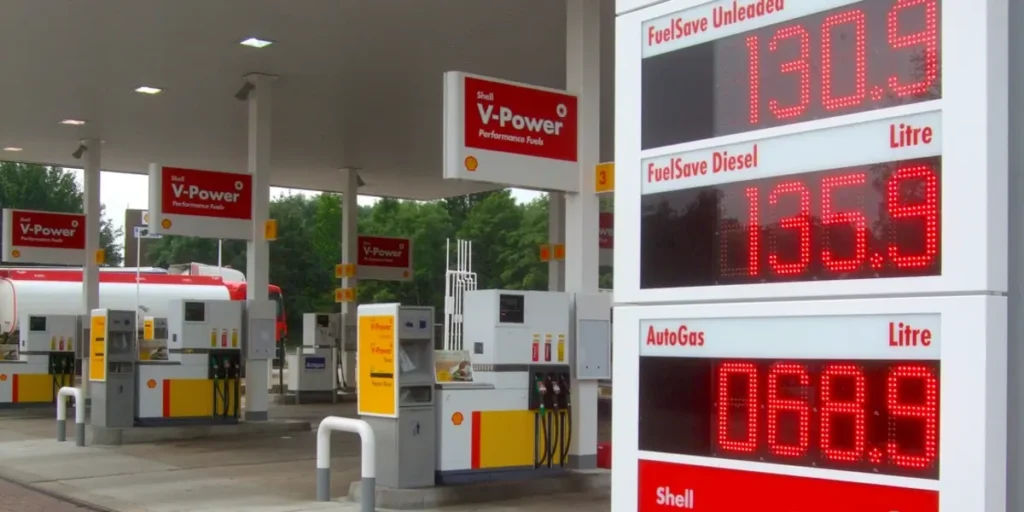Petrol vs diesel cars: which should you buy?
Is a petrol car a better buy than a diesel model? Here’s our guide to the pros and cons of each type of fuel to help you decide which is right for you.

The Cazoo editorial team
If you’re buying a used car you’ll need to work out what kind of fuel best suits your needs. While there are more hybrid and electric options than ever, petrol and diesel cars still make up the majority of used cars on sale. But is a petrol car or a diesel car best for you? Here’s our no-nonsense guide.
What are the pros of petrol?
Lower price
Petrol costs less at the pumps than diesel. Fill your tank and on average, as of early 2024, you’ll pay around 8p per litre less for petrol than for diesel. That might only be a £4 saving on a 50-litre fill, but you’re likely to notice the difference over the course of a year.
Better for short trips
If you’re looking for an affordable, no-nonsense car to take the kids to school, do the weekly supermarket shop or cover regular short trips around town, a petrol car can be a brilliant option. Modern small petrol engines that have their power boosted by turbocharging can be both responsive and fuel-efficient.
Less local air pollution
Petrol engines work differently to diesel engines and one of the side effects is that they generally produce far lower particulate emissions. These are different to the CO2 emissions that are linked to climate change: Particulate emissions contribute to local air pollution that has been linked to respiratory and other health problems, especially in urban areas.
Petrol cars are usually quieter
Despite advances in diesel engine technology, petrol-powered cars are still generally smoother and quieter than a diesel. Again, that’s because they work slightly differently, so you hear less noise and feel less vibration inside a petrol car, especially when you’ve just started it from cold.

What are the cons of petrol?
Petrol cars are generally less fuel-efficient than diesels
You might pay less for petrol per litre than diesel, but you could well end up using more of it. That’s particularly true on longer drives at higher average speeds, where diesel engines are at their most efficient.
It probably won’t register if your only long car journey is the annual 200-mile round trip to see relatives but if long motorway journeys are a regular feature in your life you’ll probably spend a lot more on fuel with a petrol car.
Higher CO2 emissions
Petrol cars emit more carbon dioxide (CO2) from their exhaust pipes than an equivalent diesel and CO2 is one of the primary ‘greenhouse gases’ linked to climate change.
That higher CO2 output also means you’re likely to pay more in tax with petrol cars registered before April 2017. Before that date the government used CO2 emissions to calculate a car’s annual road fund licence (more commonly called ‘road tax’). This means that cars with lower CO2 outputs – usually diesels and hybrids – costs less in tax.

What are the pros of diesel?
Better for longer journeys and towing
Diesels deliver more power at lower engine revs than their petrol equivalent. This makes diesels feel more suited to longer motorway trips because they’re not working as hard as petrol engines to produce the same performance. This also helps to make diesel cars better suited for towing.
Better fuel economy
Like for like, diesel cars give you better mpg than petrol ones. The reason is that diesel fuel contains more energy than the same volume of petrol. The difference can be quite large: It’s not unusual for a diesel engine to have an official average mpg figure of about 70mpg, compared with about 50mpg for an equivalent petrol model.
Lower CO2 emissions
CO2 emissions are directly linked to how much fuel an engine uses so diesel cars emit less CO2 than equivalent petrol cars.

What are the cons of diesel?
Can cause poor air quality
The nitrogen oxide (NOx) gases that older diesel engines emit are linked to poor air quality, breathing difficulties and other health problems in built-up areas.
Some diesel cars don’t like short trips
Most modern diesel cars have a feature in their exhaust called a diesel particulate filter (DPF) that reduces harmful particulate emissions. The engine must get to a certain temperature for the DPF to function efficiently so if you tend to do a lot of short, low-speed journeys, the DPF can get blocked and cause related engine problems that can be costly to fix.

Is a petrol car or a diesel car best for me?
The answer depends on the number and type of miles you cover. Drivers who cover most of their miles with multiple short journeys around towns should choose petrol rather than diesel. If you do lots of longer journeys or motorway miles a diesel may be a better option.
In the long term, the government plans to stop sales of new petrol and diesel cars from 2030 to encourage buyers into lower-emission hybrid and electric cars. For now, used petrol and diesel cars offer a huge choice of models and better efficiency so either could be a sound choice, depending on your needs.

An easier way to find or sell a car
An all-new Cazoo search experience is coming soon. In the meantime, explore a huge selection of used cars on our partner site, MOTORS.
MOTORS makes selling a car just as easy – just enter a few details for an instant online valuation.


